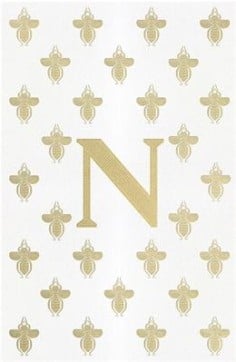Book review: Napoleon the Great by Andrew Roberts
Few people in history have achieved more in their lifetime than Napoleon Bonaparte, and it quickly becomes clear in this latest in a long line of biographies just how fitting the title "Napoleon the Great" is.

by Andrew Roberts
Allen Lane


The second son of a Corsican aristocrat who through military prowess and sheer force of will reshaped continental Europe in the early 1800s, Napoleon came to power just six years after arriving in France as a young military cadet. He won 50 out of 60 battles, led his army across Europe to Moscow, and was emperor of France twice (May 1804- April 1814 and then March 1815- June 1815).
He also united the main powers in Europe against him, leading to his exile - twice.
Yet there is far more to Napoleon than the conqueror. In , historian Andrew Roberts does not hide his admiration for the man, yet the Napoleon in this impressive book is a flawed leader, a man who ruled over much of continental Europe but was brought down largely by his own actions and shortcomings.
Roberts uses 33,000 letters written by Napoleon - which have only become available to scholars in the previous decade - to show a man of unrivalled energy who is able to lead military campaigns at the same time as dealing with the minutiae of his empire. His high numbers of letters a day cover everything from orders and reprimands to underlings, to questions on expense reports and advice on public works, and even comments on entertainment in Paris.
We see a young Napoleon drawn to the legends of Alexander the Great and Julius Caesar, coming of age during the turbulent years of the French revolution and rising through the military ranks simply because few trained officers remained in the army.
